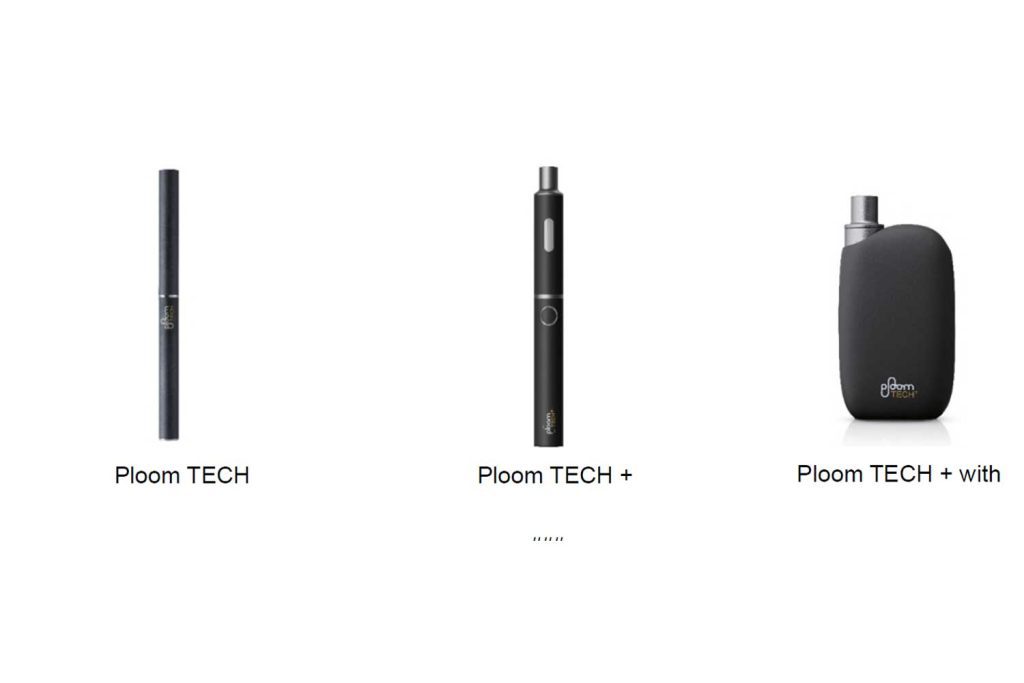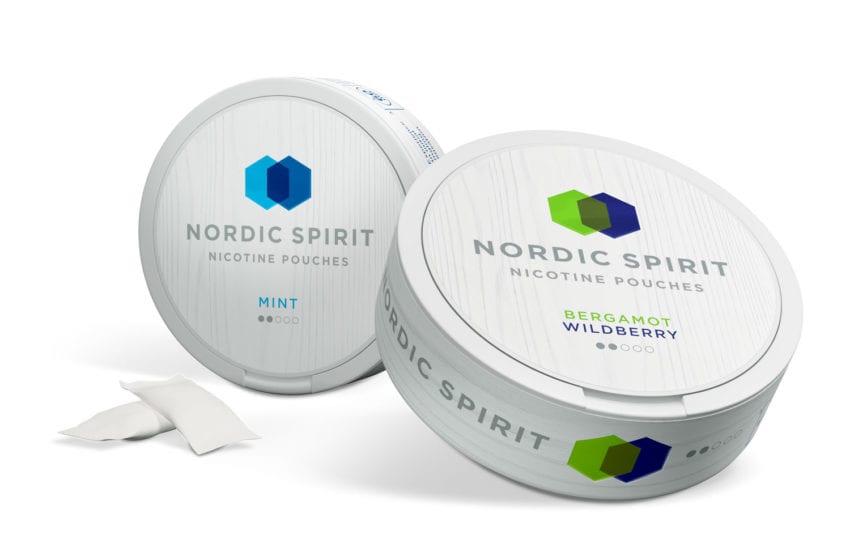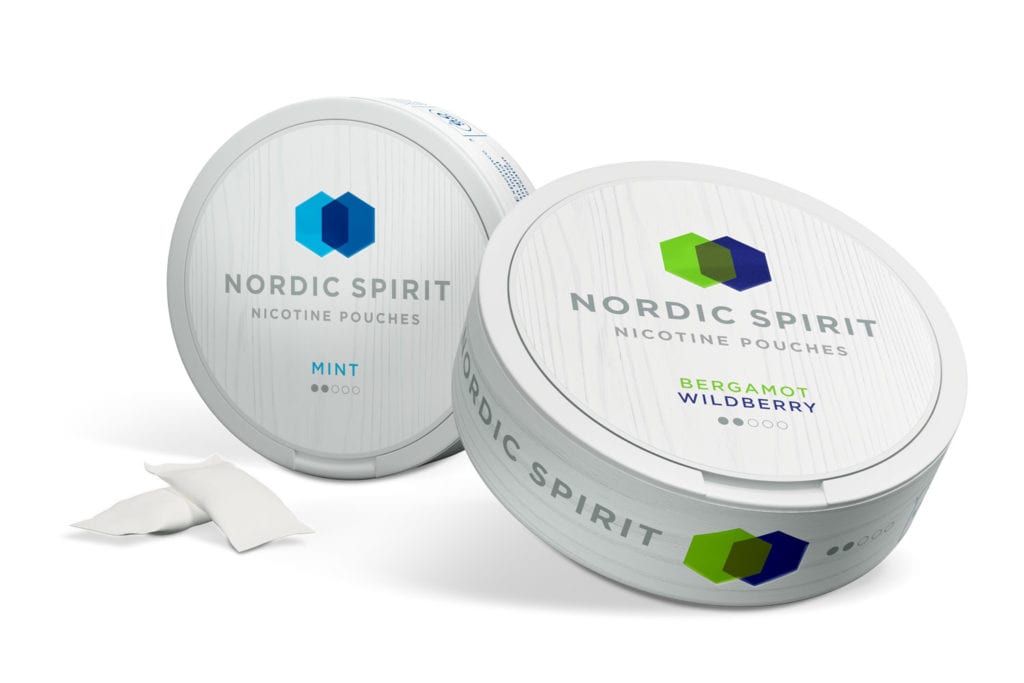One of the products on display was Logic Compact (more information on the products displayed is available at www.jti.com/europe/united-kingdom), a closed-tank e-cigarette that is used with pods of e-liquid available in a range of flavors. At the display stand for these products, much was made of the high level of testing that was carried out on the devices and e-liquids. And, interestingly, a figure from the Office of National Statistics that was on display had it that about 3.3 million people in the U.K. used e-cigarettes, which was something of a testament to the effort that had been made by the vaping and tobacco industries to deliver smoking obsolescence.
The most recent JTI U.K. reduced-risk product to be made available on the U.K. market and that was on display at the summer event was Ploom, an HTP launched in 2020. Ploom is said to offer an authentic smokeless tobacco experience delivered through the action of an innovative heating technology that causes no combustion and no burning and therefore produces no smoke or tar. Consumers have already embraced e-cigarettes, and the government has largely accepted them, so JTI U.K. will be hoping to see the same level of acceptance for HTPs. These products are certainly likely to appeal to consumers on price, especially those used to paying around £9 ($10.77) for a pack of cigarettes. After an initial outlay of about £45 on a device, consumers pay about £4.50 for a pack of 20 EVO tobacco sticks, which come in a range of flavors and strengths.
Meanwhile, JTI U.K.’s Nordic Spirit nicotine pouches, which were launched in the U.K. in 2019 and are available in a range of flavors and strengths, are said to comprise a discreet product that can be used at any time since, on consumption, they produce no smoke or vapor and contain no tobacco. Here is a product, I think, that indicates the length JTI U.K. has gone to cut the use of combustible products. When it launched Nordic Spirit, the company could have had little idea how the product was going to be received because there was little knowledge about such products among U.K. consumers, who, after all, had not been allowed to buy snus, a cousin of the nicotine pouch. Surprisingly, perhaps, but encouragingly, participants at the London event were told that sales growth had been good, which is perhaps an indication of the importance of choice in offering alternative products to smokers, who too often are treated as if they comprised one homogeneous group with one set of likes and aspirations.
The news about the growing interest in nicotine pouches must be good, too, for the environment. This is a pared-back product that must have a low negative impact on the environment, a feature that we are all discovering is hugely important. I have to say, too, that during conversations around the display stands, I heard of the initiatives being undertaken by JTI U.K. to ensure that when alternative devices are no longer operable, they are disposed of properly. There is probably some way to go in regard to this, but you have to say that these efforts are likely to be some way ahead of those of the government. As I am writing this piece, of the five people still standing for the leadership of the Conservative Party and therefore to become the next prime minister, only one was unequivocally backing the government’s net-zero emissions by 2050 target.
It’s worth noting that a small pamphlet, “JTI U.K. at a Glance,” that was made available to participants at the summer event indicated that JTI is still committed, throughout its global operations, to net-zero greenhouse gas emissions by 2050.














